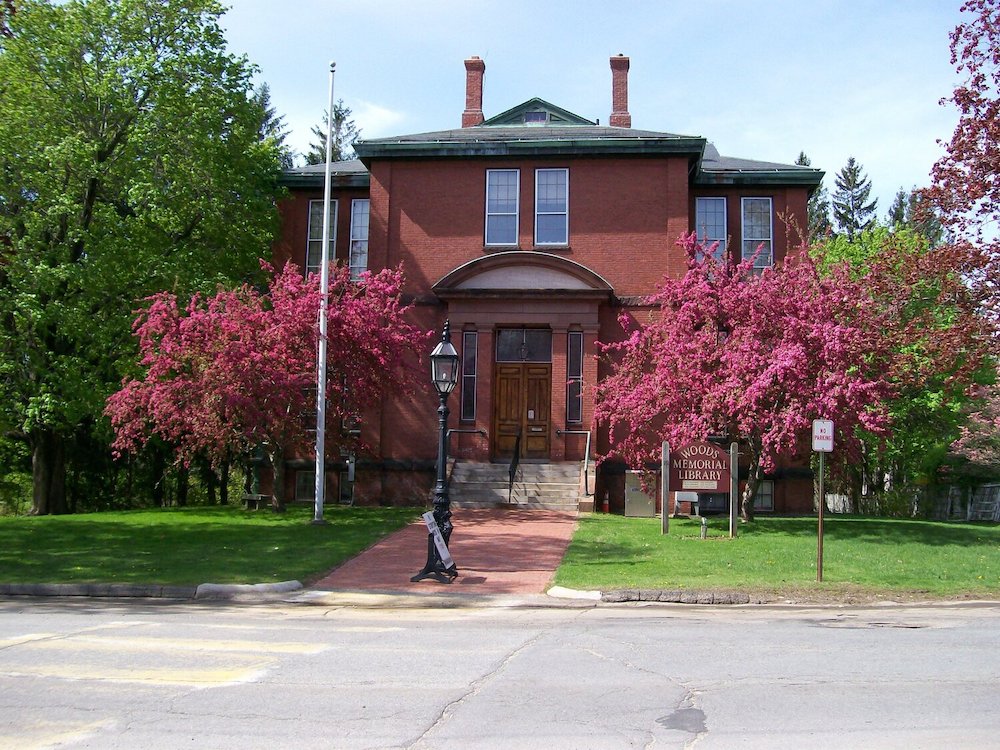
- Details
- By Jenna Kunze
The Founders Museum in Barre, Mass. will return 151 sacred Lakota artifacts to their rightful owners after more than a century, museum officials announced today.
The sacred artifacts— including ceremonial pipes, moccasins, clothing, and the dried umbilical cords traditionally kept by tribal members throughout their lives — were taken off the dead at Wounded Knee by a worker in charge of clearing the field, then sold to a Massachusetts resident named Frank Root, according to the museum’s records. Root donated the artifacts to the museum in 1892, where they’ve remained ever since.
The Wounded Knee Survivors Association in South Dakota has been asking the mostly shuttered museum to return the artifacts since the early ‘90s, but they’ve been met with both resistance and confusion. In 1993, the museum’s then curator told a New York Times reporter that she thought of the artifacts as artworks, adding, "I'm sorry I didn't realize the significance of these things."
In 2007, the museum board tried to return some of the artifacts to the Lakota people, but it was unclear which entity they belonged to, board member Elizabeth Martin previously told Native News Online.
In April this year, three descendants of the Wounded Knee massacre visited the museum for a private meeting with the board to re-ignite repatriation talks. Among them were Chief Henry Red Cloud of the Oglala Lakota Nation, Manny Iron Hawk of the Cheyenne River Indian Reservation, and his wife, Renee Iron Hawk.
As a result of that meeting, the museum agreed to hire a Native American Graves Protection and Repatriation Act (NAGPRA) consultant to inventory its collection, consult with tribes, and repatriate the items.
“Ultimately, on September 29, 2022, membership of the Barre Museum Association unanimously voted to return many items that are considered culturally significant to the Lakota Sioux Tribe, as verified by the tribe,” said Ann Meilus, president of the board of the Barre Museum Association, which co-manages the Founders Museum with the Barre Library Association. The two entities own the articles in the Founders Museum collection.
“It’s been a long road but things are coming into place and the items are coming home,” Iron Hawk, a Survivors Association member from the Cheyenne River Indian Reservation, told Native News Online. “That is the good part of it.”
According to Melius, a total of 151 items belonging to the Lakota people will be returned to tribal officials and Wounded Knee descendants in a November 5 ceremony in Barre, Mass.
One hundred and ten of the artifacts were identified as belonging to the Oglala Lakota specifically, and 41 were deemed “unaffiliated” but with clear connection to the Lakota people based on certain colors and patterns used in the beadwork, one descendant said. All of the items will be returned to members of the Wounded Knee Survivors Association, who will then decide what to do with them.
Wendell Yellow Bull of the Pine Ridge Indian Reservation—a descendant of Joseph Horn Cloud, who was just 16 when he witnessed the Wounded Knee massacre—said that there will be a mass meeting upon the artifacts’ return.
“Most of all, they’re items from the massacre site,” he said. “So a lot of preparations and ceremonies must take place in order for us to proceed forward. So at that time, we will bring them back and house them at the Oglala Lakota College for a brief period of time. And then from there we will discuss.”
Additionally, Yellow Bull added that the survivors association will bring the items on their annual seven-day horseback ride that commemorates the Wounded Knee massacre every December. Riders will bring the artifacts back to the site where the massacre took place to honor them with ceremony and prayer, and then return them back to safekeeping at the college.
Kevin Killer, president of the Oglala Sioux Tribe, confirmed during the press briefing that he will also travel to Massachusetts for the transfer. He said the tribe will be present to ensure the transfer goes smoothly.
“The big thing is making sure that it gets back into the right hands,” Killer said. “As a tribe, we'll make sure that process goes through.”
Although Melius has not yet signed the official paperwork ensuring the artifacts’ transfer, she said “it will be signed shortly.”
After the Nov. 5 repatriation, the Barre Museum will still have 112 Native American artifacts in its collection, Melius said. The museum is currently in consultation with other tribal nations to affiliate and return those items.
“This is a good step in the right direction,” Killer said on Monday. “But I'm sure there's more steps that need to be followed, especially the NAGPRA process.”
More Stories Like This
Army to Send Home 11 Native Children from Former Indian Boarding SchoolTribal Nations Receive $411,000 to Document Impact of Federal Indian Boarding School Era
Tribes Ask Court to End North Dakota’s Appeal of Native Voting Rights Victories
USDA and North Dakota College Team Up to Distribute Traditional Seeds
Mourning Morningside
Native Perspective. Native Voices. Native News.
We launched Native News Online because the mainstream media often overlooks news that is important is Native people. We believe that everyone in Indian Country deserves equal access to news and commentary pertaining to them, their relatives and their communities. That's why the story you’ve just finished was free — and we want to keep it that way, for all readers. We hope you'll consider making a donation to support our efforts so that we can continue publishing more stories that make a difference to Native people, whether they live on or off the reservation. Your donation will help us keep producing quality journalism and elevating Indigenous voices. Any contribution of any amount — big or small — gives us a better, stronger future and allows us to remain a force for change. Donate to Native News Online today and support independent Indigenous-centered journalism. Thank you.

